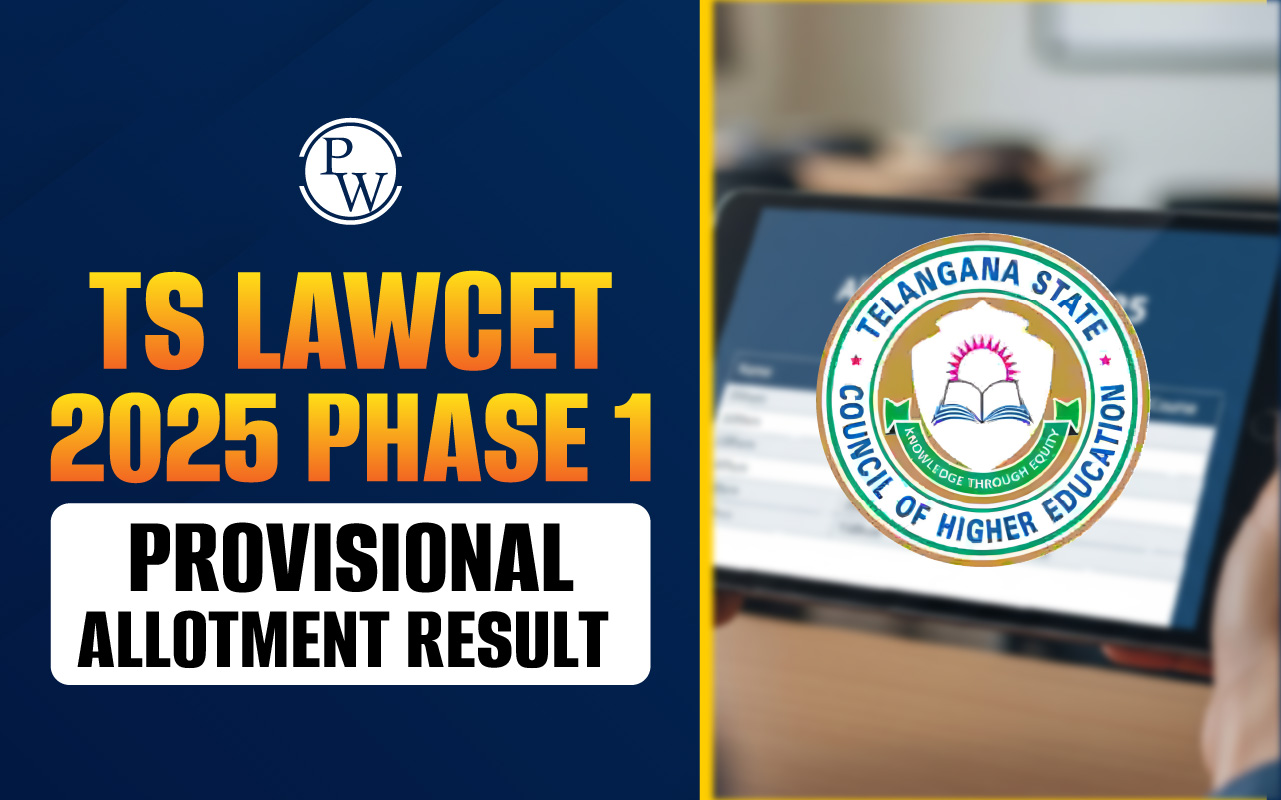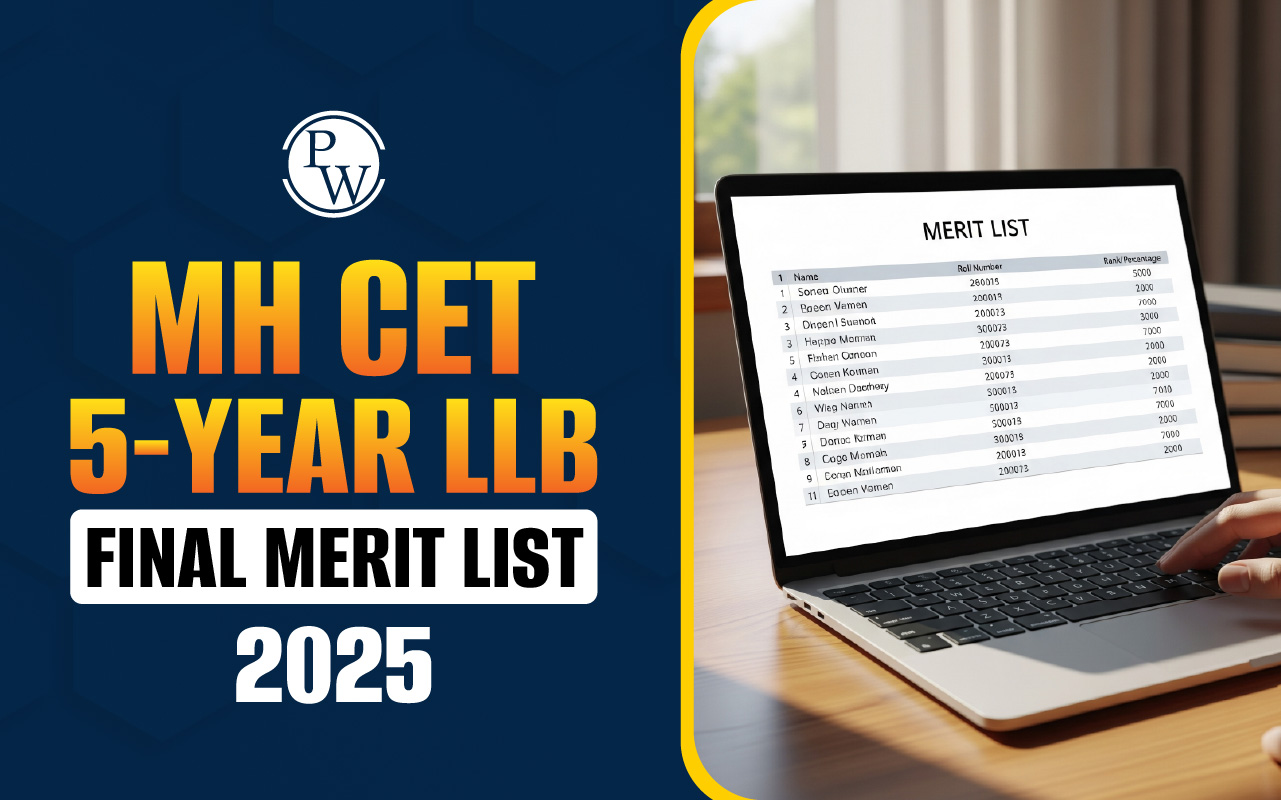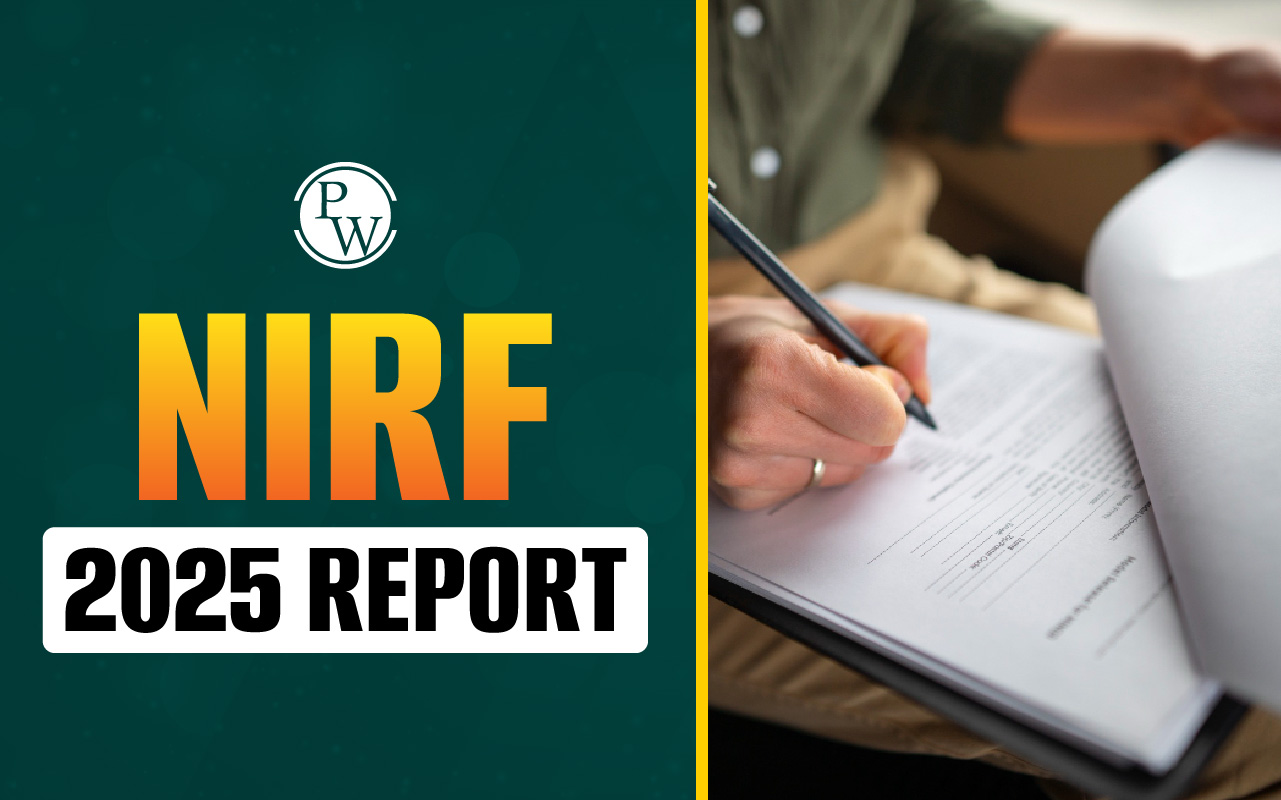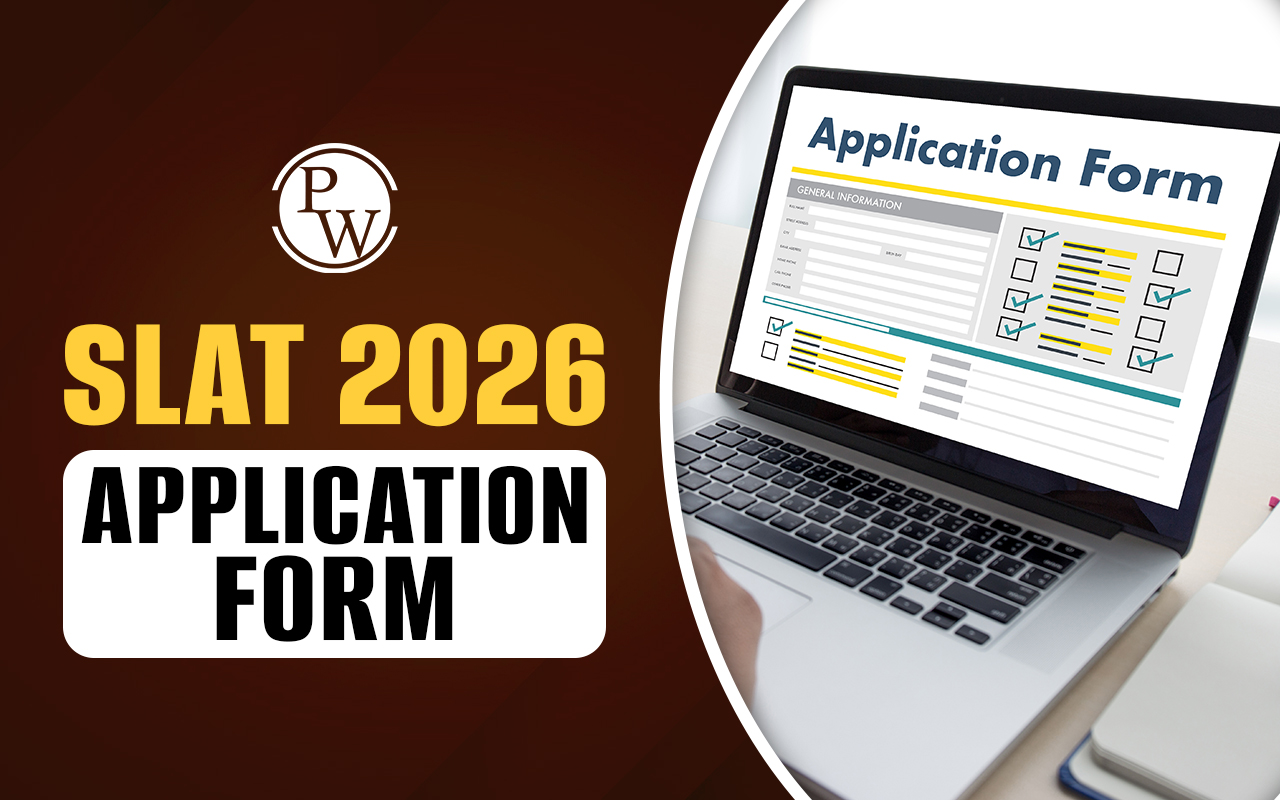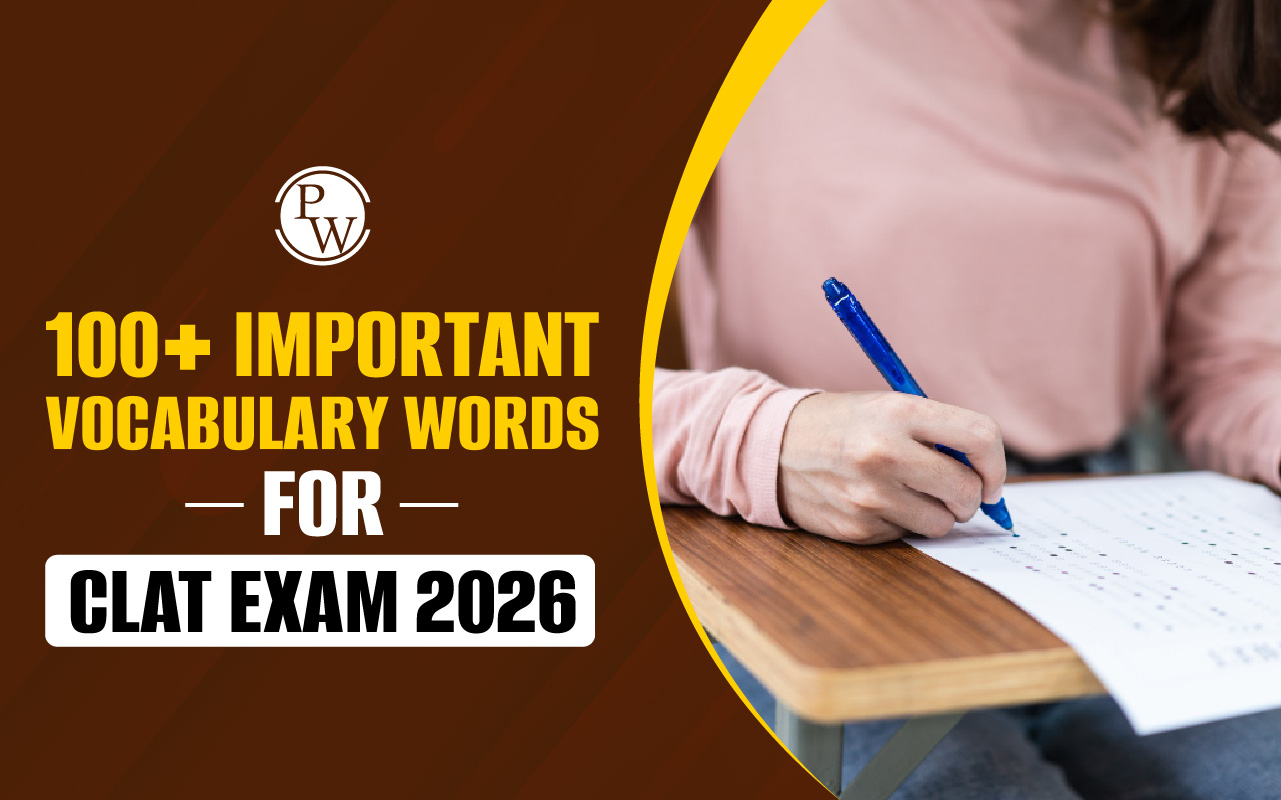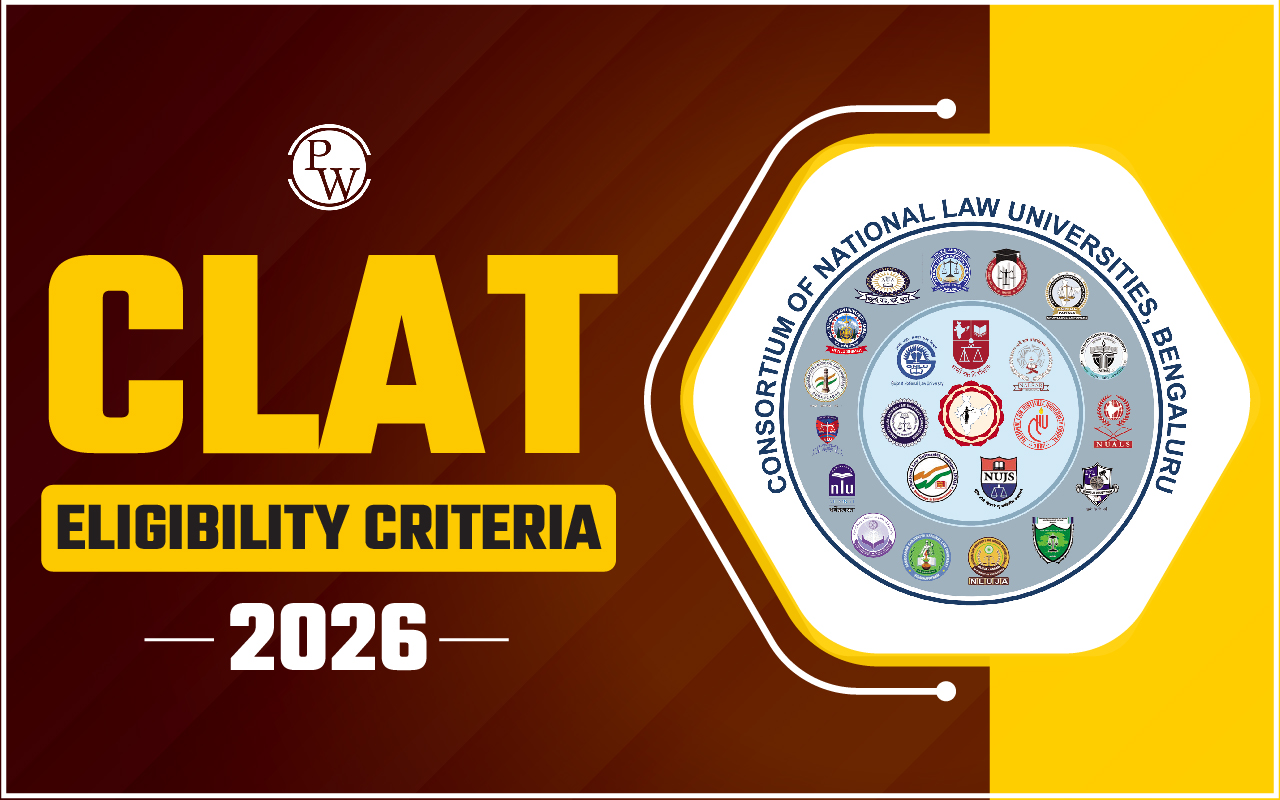
CLAT Eligibility Criteria 2026 outline the academic and personal requirements candidates must meet to appear for CLAT 2026. Candidates applying for the UG program through CLAT must have passed or be appearing in their Class 12 or equivalent examination from a recognized board, with a minimum of 45% marks for General/OBC/PwD/NRI/PIO/OCI and 40% for SC/ST candidates. There is no upper or lower age limit for the exam.
Candidates must understand these eligibility requirements thoroughly before starting their preparation to ensure they meet all necessary conditions for the exam.
Checkout Law Books from PW Store
CLAT Eligibility Criteria 2026 Overview
CLAT 2026 entrance exam is conducted for admission to both UG and PG law programs at National Law Universities (NLUs) in India. The eligibility criteria for CLAT 2026 will differ for UG and PG courses, with specific requirements related to academic qualifications, age limits, and reservation policies. The UG program includes a five-year integrated B.A., LL.B. (Hons.) degree, while the PG program offers an LL.M. degree with various specializations. Each program has its academic and eligibility requirements, including minimum marks in previous qualifications. It is important for candidates to understand these criteria to plan their preparation effectively and ensure they meet the necessary requirements.
For CLAT 2026, candidates must meet the minimum marks required for both UG and PG programs. There will be no age limit for either program and reservation policies will follow government rules. Candidates should carefully review these criteria to ensure they are eligible before applying. Here is an overview of the CLAT Eligibility Criteria 2026.
CLAT Eligibility Criteria 2026
CLAT 2026 exam is for admission to the five-year integrated B.A., LL.B. (Hons.) program across India. Candidates must meet specific CLAT Eligibility Criteria 2026 to apply for the CLAT exam. These criteria ensure that candidates are suitable for the undergraduate law program. The CLAT Eligibility Criteria 2026 are as follows:
1. Educational Qualification
To be eligible for the CLAT 2026 for the Five-Year Integrated B.A., LL.B. (Hons.) program, candidates must have passed the 10+2 or an equivalent examination from a recognized board. The minimum marks required are:
- General/OBC/PWD/EWS candidates : At least 45% marks or an equivalent grade in the qualifying examination.
- SC/ST candidates : At least 40% marks or an equivalent grade.
Candidates who are appearing for their 10+2 exams in March/April 2026 are also eligible to apply for CLAT 2026, provided their admission will be provisional until they submit the final certificate and marksheet before September 30, 2026 (TENTATIVE).
2. Age Limit
- There is no age limit for candidates applying for the undergraduate (UG) program at NLSIU. Candidates of all age groups are eligible to apply as long as they meet the academic qualification requirements.
3. Nationality
- Candidates who are Indian nationals are eligible to apply for the UG program. NLSIU also offers a limited number of supernumerary seats for international students.
- Foreign nationals who have completed at least 10 years of education outside India are eligible for these seats. International candidates must appear for the NLSAT-International examination, which is a separate exam conducted for foreign applicants.
4. Number of Attempts
- There is no limit on the number of attempts for candidates appearing for CLAT as long as they meet the eligibility criteria for each attempt. Candidates can apply for the exam multiple times, provided they continue to fulfill the academic qualification requirements.
CLAT Eligibility Criteria 2026 For NRI Students
For NRI students applying for the CLAT 2026 exam, the following key eligibility criteria apply:
- Educational Qualification : For the UG program, NRI candidates must have completed 10+2 with 45% marks (General/OBC/PWD/EWS) or 40% marks (SC/ST). For the PG program, an LL.B. degree with 50% marks (General/OBC/PWD/EWS) or 45% marks (SC/ST) is required.
- No Age Limit : NRI students applying for UG and PG programs have no upper age limit.
- Supernumerary Seats : NRI candidates are eligible for supernumerary seats in UG and PG programs, provided they have completed at least 10 years of education outside India.
- NLSAT-International : NRI candidates must appear for the NLSAT-International exam for admission to supernumerary seats.
Documents Required for NRI Participation in CLAT 2026
NRI candidates must present the following documents for CLAT participation under their preferred NLUs.
-
Certificate showing the NRI status of the candidate (Annexure-I) or the NRI status of the person sponsoring the study, in case of NRI Sponsored category (Annexure-II).
-
Class 10/Secondary school mark sheet and certificate
-
Class 12/Intermediate marksheet and certificate
-
Mark Sheet of final year 5-year LLB/3-year LLB from a recognized University (for LLM candidates)
-
Character Certificate from the Institution/University last attended.
-
Transfer certificate/Migration Certificate from the Institution/University last attended.
-
Recent colour photograph of the candidate.
-
CLAT2026 Admit Card
-
CLAT 2026 scorecard
-
Affidavit for the year gap, if any
-
Application fee as prescribed by the university, which will be adjusted against the balance university fee
CLAT Seats Intake & Reservation 2026
The total intake for CLAT 2026, for UG (B.A. LL.B.) program, has specific seat reservations across various categories, including reservations for Persons with Disabilities (PWD), Women, and Karnataka Students. Below is the consolidated seat allocation table for UG programs.
| CLAT Seats Intake & Reservation 2026 | |
| Category | UG Program (B.A. LL.B.) |
| Scheduled Caste (SC) | 15% (45 Seats) |
| Scheduled Tribe (ST) | 7.5% (23 Seats) |
| Other Backward Classes - NCL | 27% (81 Seats) |
| Economically Weaker Section (EWS) | 10% (30 Seats) |
| General Category | N/A |
| Total | 300 Seats |
| Persons with Disabilities (PWD) | 5% (15 Seats) |
| Women | 30% (90 Seats) |
| Karnataka Students | 25% (75 Seats) |
| Karnataka Students (Merit-based) | 10 Seats |
Important Notes:
- The above seat allocation includes horizontal reservations for PWD, Women, and Karnataka Students.
- Candidates must submit all necessary documents for verification during the counselling process.
- For the UG program, the 10 merit-based seats for Karnataka students are filled based on entrance exam results.
CLAT 2026 Application Form
The CLAT 2026 Application Form will be available online through the official website. It is expected to be available from July 2025. Applicants must provide personal, academic, and contact details, upload required documents, select preferred exam centers, and pay the application fee to complete their registration. Ensuring all information and documents are accurate and up to date is crucial for a successful application.
CLAT Eligibility Criteria 2026 FAQs
Who is eligible for CLAT exam?
Is 12th percentage required for CLAT?
Is CLAT necessary for LLB 3 years?
Is CLAT very hard?
How many attempts for CLAT?

